MADRID, Spain: New research provides compelling evidence that citric acid-based treatments, particularly those combined with collagen and magnesium, are effective in enhancing the surface properties of titanium dental implants after implantoplasty. These treatments not only improve cell proliferation and tissue regeneration but also offer significant antibacterial benefits. The findings suggest that such solutions could be developed into practical applications, such as mouthwashes, to support the long-term success of implants by promoting tissue regeneration and preventing bacterial recolonisation.
Current peri-implantitis treatments focus on decontaminating the implant surface to inhibit biofilm formation and encourage tissue regeneration. Among these treatments, implantoplasty, which involves mechanically smoothing the implant surface, is commonly used. However, this process often reduces the surface roughness of the titanium, making it less conducive to cell adhesion and tissue growth. The researchers sought therefore to investigate the effects of citric acid-based decontamination solutions on titanium surfaces to enhance cell viability and inhibit bacterial colonisation.
After subjecting 80 titanium discs to an implantoplasty protocol, the researchers treated the discs with four different solutions: 25% citric acid, 25% citric acid with 0.25 g/l collagen, 25% citric acid with 0.50 g/l collagen, and 25% citric acid with 0.50 g/l collagen and 1% magnesium nitrate. The surfaces were analysed for roughness, wettability, fibroblast adhesion, osteoblast proliferation and bactericidal behaviour against the common oral bacteria Streptococcus sanguinis, Streptococcus gordonii and Pseudomonas aeruginosa.
The researchers found that citric acid increased the roughness of the titanium surfaces slightly and made them super-hydrophilic, significantly reducing the contact angle from 78° to 13°. This change was deemed beneficial for cell adhesion, as it creates a better environment for cell proliferation.
Additionally, fibroblast and osteoblast proliferation greatly improved on surfaces treated with the citric acid solution containing collagen and magnesium. This solution showed the highest cytocompatibility and contributed to a rapid increase in cell numbers within 24 hours, indicating that it may support tissue regeneration on the implant surface. The presence of magnesium appeared to further stimulate cell adhesion and differentiation.
The citric acid solutions displayed a clear bactericidal effect, especially against Gram-positive bacteria like S. sanguinis and S. gordonii. The solution containing magnesium showed the lowest levels of bacterial adhesion, indicating its superior ability to resist bacterial colonisation. However, the bactericidal effect was less obvious against the Gram-negative strain P. aeruginosa.
All treatments were found to be cytocompatible, and no significant cytotoxic effects were observed. This suggests that such treatments could be safely used in clinical applications to aid in the recovery from peri-implantitis and the maintenance of implants.
The authors recommended that the same study be carried out in vivo with soft tissue to rule out the risk of tissue irritability. Doing so could also determine whether bone tissue is able to regenerate such that re-osseointegration can occur. The researchers further recommended culturing biofilm to evaluate how well citric acid solutions cope with the full variety of bacterial strains present in the oral cavity. Such an assessment would also be useful in determining necessary concentrations for an effective mouthwash.
The study, titled “Surface decontamination of titanium dental implants subjected to implantoplasty by treatment with citric acid solutions”, was published online on 27 August 2024 in Coatings.
Topics:
Tags:
Antimicrobial resistance (AMR) is an increasingly critical global health issue. According to the World Health Organization (WHO), bacterial AMR was directly...
CHICAGO, US: Although manufacturers indicate that healing abutments (HAs) are single-use components, HAs are sometimes reused in clinical practice. Academic...
Laser is becoming essential for every modern dental practice. Moreover, from an educational standpoint, there are many benefits in terms of the personal and...
Peri-implantitis continues to be one of the greatest challenges for dental professionals. According to studies, the prevalence of the condition will ...
Live webinar
Tue. 3 March 2026
8:00 pm EST (New York)
Dr. Vasiliki Maseli DDS, MS, EdM
Live webinar
Wed. 4 March 2026
12:00 pm EST (New York)
Munther Sulieman LDS RCS (Eng) BDS (Lond) MSc PhD
Live webinar
Wed. 4 March 2026
1:00 pm EST (New York)
Live webinar
Wed. 4 March 2026
8:30 pm EST (New York)
Lancette VanGuilder BS, RDH, PHEDH, CEAS, FADHA
Live webinar
Fri. 6 March 2026
3:00 am EST (New York)
Live webinar
Tue. 10 March 2026
4:00 am EST (New York)
Assoc. Prof. Aaron Davis, Prof. Sarah Baker
Live webinar
Tue. 10 March 2026
8:00 pm EST (New York)
Dr. Vasiliki Maseli DDS, MS, EdM



 Austria / Österreich
Austria / Österreich
 Bosnia and Herzegovina / Босна и Херцеговина
Bosnia and Herzegovina / Босна и Херцеговина
 Bulgaria / България
Bulgaria / България
 Croatia / Hrvatska
Croatia / Hrvatska
 Czech Republic & Slovakia / Česká republika & Slovensko
Czech Republic & Slovakia / Česká republika & Slovensko
 France / France
France / France
 Germany / Deutschland
Germany / Deutschland
 Greece / ΕΛΛΑΔΑ
Greece / ΕΛΛΑΔΑ
 Hungary / Hungary
Hungary / Hungary
 Italy / Italia
Italy / Italia
 Netherlands / Nederland
Netherlands / Nederland
 Nordic / Nordic
Nordic / Nordic
 Poland / Polska
Poland / Polska
 Portugal / Portugal
Portugal / Portugal
 Romania & Moldova / România & Moldova
Romania & Moldova / România & Moldova
 Slovenia / Slovenija
Slovenia / Slovenija
 Serbia & Montenegro / Србија и Црна Гора
Serbia & Montenegro / Србија и Црна Гора
 Spain / España
Spain / España
 Switzerland / Schweiz
Switzerland / Schweiz
 Turkey / Türkiye
Turkey / Türkiye
 UK & Ireland / UK & Ireland
UK & Ireland / UK & Ireland
 Brazil / Brasil
Brazil / Brasil
 Canada / Canada
Canada / Canada
 Latin America / Latinoamérica
Latin America / Latinoamérica
 USA / USA
USA / USA
 China / 中国
China / 中国
 India / भारत गणराज्य
India / भारत गणराज्य
 Pakistan / Pākistān
Pakistan / Pākistān
 Vietnam / Việt Nam
Vietnam / Việt Nam
 ASEAN / ASEAN
ASEAN / ASEAN
 Israel / מְדִינַת יִשְׂרָאֵל
Israel / מְדִינַת יִשְׂרָאֵל
 Algeria, Morocco & Tunisia / الجزائر والمغرب وتونس
Algeria, Morocco & Tunisia / الجزائر والمغرب وتونس
 Middle East / Middle East
Middle East / Middle East
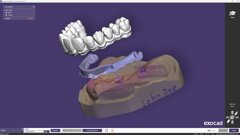

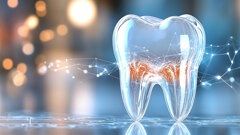
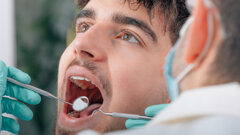
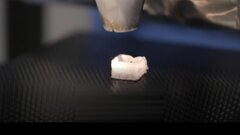






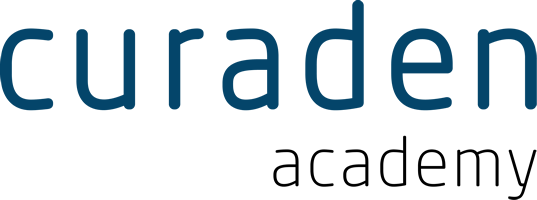









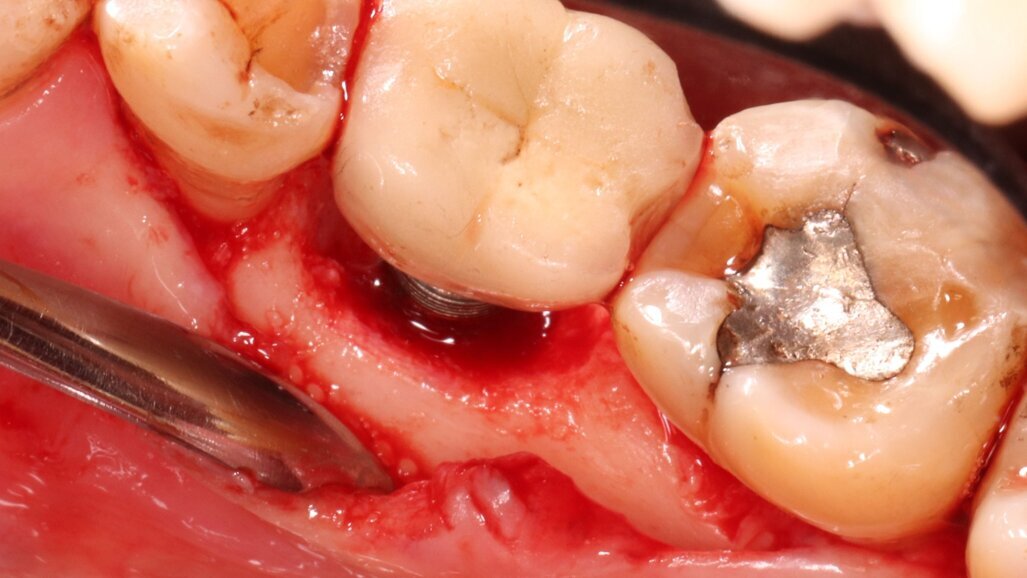



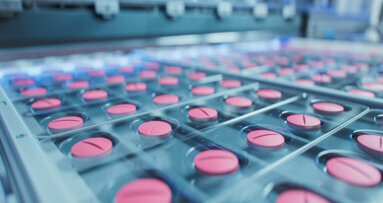
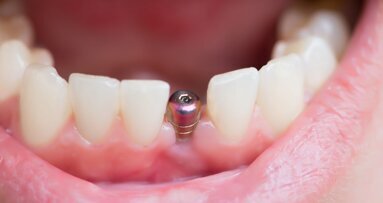
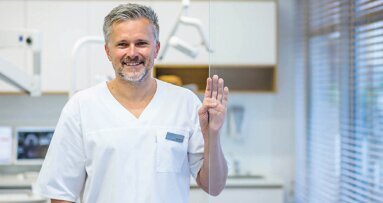
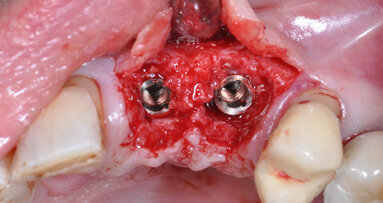








To post a reply please login or register